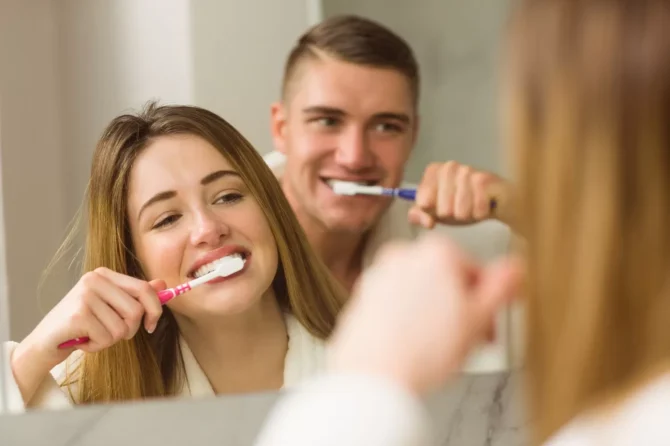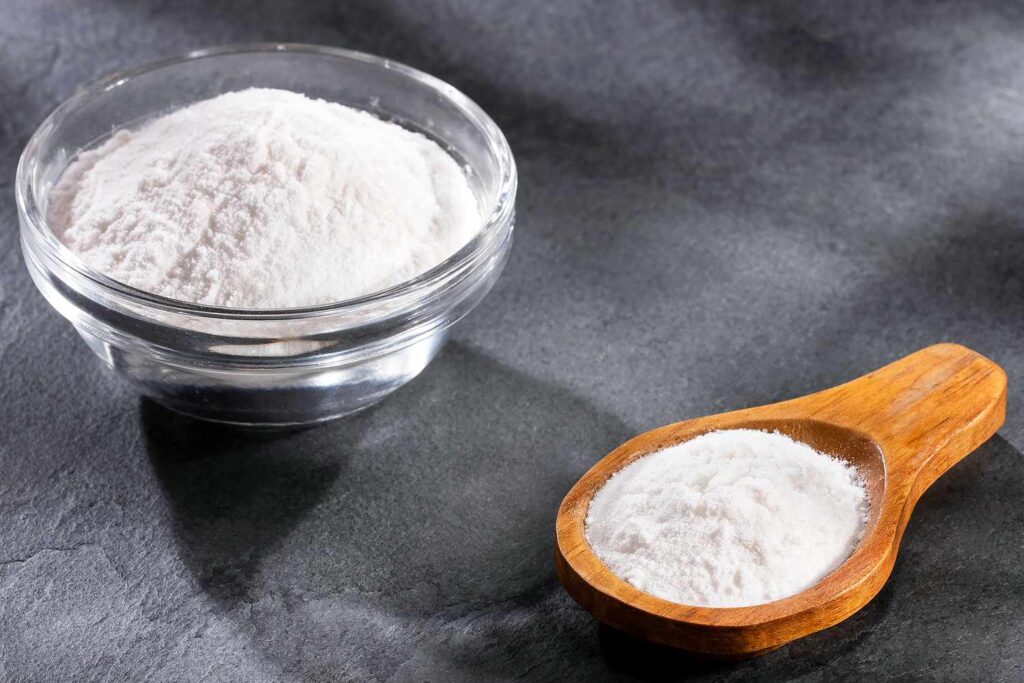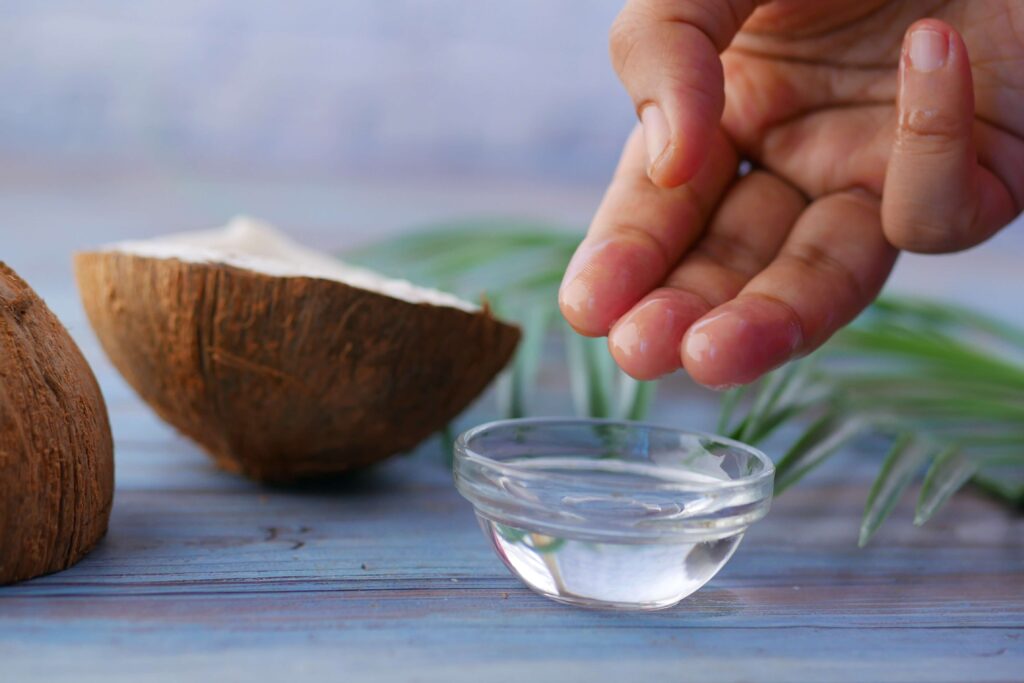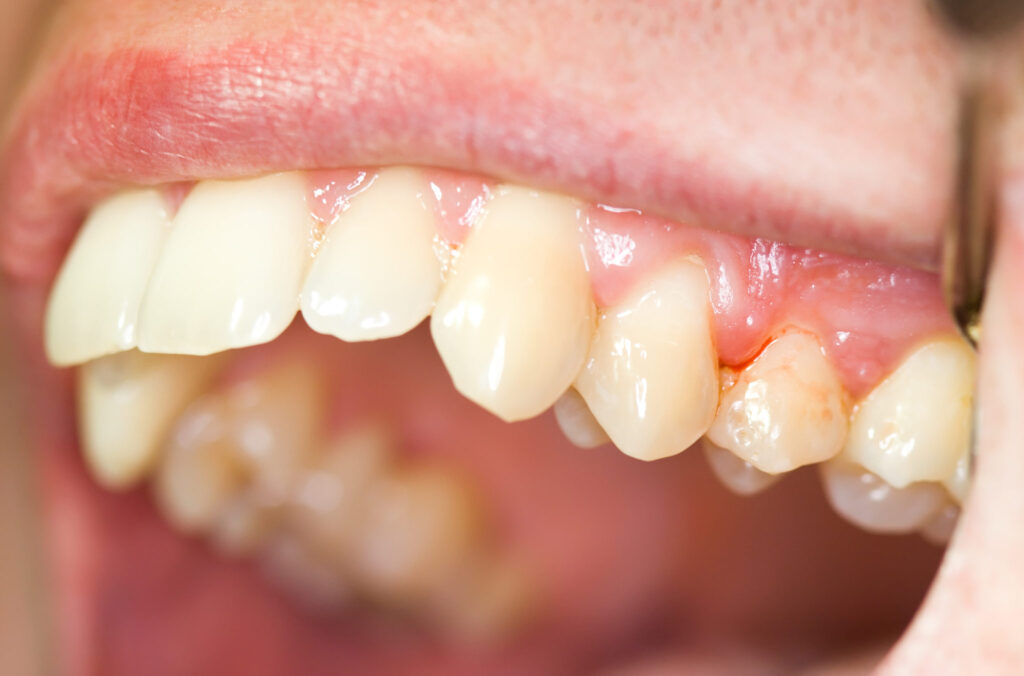
Can You Really ‘Brush Teeth Without Toothpaste?’
We brush our teeth every day, but have you ever stopped to think about what’s actually in your toothpaste? Commercial toothpaste is packed with harsh chemicals and abrasives that can do more harm than good. So the question is, can you ‘brush teeth without toothpaste.’ The term ‘toothpaste-free’ has become a popular alternative to toothpaste for many people. However, it’s not completely free of chemicals. These products include Coconut oil, baking soda, and Sodium Laurel Sulfate. Others include plastic microbeads.
Plenty of ways to keep your mouth clean and healthy without using traditional toothpaste. Keep reading to learn more.
Brush with water alone
This may seem like a no-brainer, but brushing with water alone can be quite effective. Water will help to dislodge any food particles or plaque on your teeth, and it will also help rinse away anything left behind. Be sure to brush for at least two minutes, and don’t forget to reach those back molars!
Try hydrogen peroxide
Hydrogen peroxide is a powerful cleansing agent that can kill bacteria and remove stains. To use, mix equal parts hydrogen peroxide and water, and then use it to brush your teeth like you would with regular toothpaste. Rinse well afterward.
Make a saltwater mouthwash
Saltwater is a natural disinfectant that can help to kill bacteria in your mouth. To make a saltwater mouthwash, dissolve 1 teaspoon of salt in 1 cup of warm water and swish it around in your mouth for 30 seconds to 1 minute before spitting it out. Rinse your mouth with plain water afterward.
Use a baking soda and water mixture
Besides being a cheap alternative to toothpaste, baking soda also has several other benefits. It neutralizes bacteria and plaque that cause dental problems. It also removes stubborn stains from teeth. You can rub a cotton swab into the powdered baking soda if you have stains on your teeth. You should notice some discoloration on the cotton swab.
If you do not feel comfortable using baking soda alone, you can also mix it with a little sea salt to form a paste. However, this method is not recommended for people with sensitive mouths. Besides, baking soda alone does not contain fluoride, which is necessary for children’s teeth. It also contains high amounts of sodium, which can cause tooth enamel erosion and buildup.

Baking soda is an excellent natural way to whiten teeth without using toothpaste. It is also a very effective way to fight plaque and eliminate bad breath. As a natural agent, it also kills bacteria that cause gum disease and helps to improve gum health. In addition to being a natural, non-toxic substance, baking soda has several other benefits that make it an excellent replacement for conventional toothpaste.
Dental professionals widely accept that baking soda for brushing teeth without toothpaste is a natural product. Many kinds of toothpaste contain it and have received the American Dental Association seal of approval. Unlike many other ingredients in toothpaste, baking soda does not contain fluoride. However, it neutralizes acids in plaque and increases the pH balance in the mouth.
A disadvantage to using baking soda for brushing your teeth is that it has a gritty taste. This can discourage some people from using it regularly. To combat this, they may mix it with a bit of toothpaste or add peppermint to the mixture. Some people also add vinegar to the mixture, adding to the taste.
Coconut oil
Using coconut oil to brush your teeth without toothpaste is a good option for those who want to avoid using harmful chemicals. Coconut oil contains no irritants or harmful chemicals and is an effective natural antibiotic that helps fight the bacteria that cause cavities and tooth decay. Nonetheless, if you are concerned about its effectiveness, you should talk to your dentist or family practitioner before using it.
The fatty acids in the oil are known to attract harmful bacteria, which can lead to tooth decay and plaque buildup. Coconut oil also helps eliminate bad breath. Before eating or drinking anything, it should be applied to the teeth and gums in the morning. This simple, affordable solution is an alternative to conventional toothpaste and other oral care products.

Coconut oil has antimicrobial properties that may be comparable to those of the antibiotic chlorhexidine, a widely used antibacterial agent. Coconut oil also contains fatty acids that may help disintegrate plaque and abrade bacteria. You may notice a decrease in bad breath after brushing your teeth with coconut oil due to the fatty acids in the oil.
Coconut oil is also an excellent toothpaste alternative. It contains anti-fungal and antibacterial properties and can be used to clean your teeth with minimum effort. Combined with baking soda, it can create a powerful dental cleaning solution. Besides being a natural cleaner, coconut oil contains essential oils such as peppermint, calming nerves and relaxing muscles.
In addition to brushing your teeth without toothpaste, coconut oil can also be used to treat your pet. Using coconut oil can prevent plaque from forming on the teeth and gum bleeding. It also helps to restore dental enamel. It is easy to make and is an excellent alternative to synthetic dental products.
Coconut oil is an effective alternative to toothpaste and is a relatively inexpensive alternative. It costs under $10 and can be used as a natural mouthwash. However, you should never gargle with coconut oil.
The Pros of Brushing Without Toothpaste
You’ll Save Money
The average person spends about $100 per year on toothpaste. If you ditch the toothpaste, you can save that money and use it for something else.
Fewer Chemicals
Toothpaste contains chemicals, including fluoride, linked to health problems such as bone cancer and thyroid problems. You can avoid exposing yourself to these harmful chemicals by brushing without toothpaste.
It’s More Gentle on Your Teeth
Toothpaste can sometimes be harsh on your teeth, especially if it contains fluoride. If you have sensitive teeth, it’s best to avoid toothpaste altogether and brush with water. This will help to protect your teeth from any potential damage.
Fewer Cavities
Despite what the toothpaste companies would have you believe, there is no evidence using toothpaste prevents cavities. Some studies have shown that people who brush without toothpaste have fewer cavities than those who use toothpaste. This may be because toothpaste can damage the enamel on your teeth, making them more susceptible to cavities.
Healthier Gums
Gum disease is a common problem that can lead to bleeding gums, receding gums, and eventually tooth loss. Studies have shown that people who brush without toothpaste have healthier gums than those who use toothpaste. This may be because the abrasives in toothpaste can damage gum tissue.
Whiter Teeth
Toothpaste containing whitening agents can damage your teeth and make them more susceptible to staining. If you want whiter teeth, it’s best to ditch the toothpaste and try one of the many natural ways to whiten your teeth instead.
It’s More Effective
You might think you need toothpaste to clean your teeth, but that’s not the case. Toothpaste adds flavor and foam to your brushing routine; they don’t make your teeth any cleaner. Brushing without toothpaste can more effectively remove plaque and bacteria from your teeth.
The Cons of Brushing Without Toothpaste
However, there are also some drawbacks to brushing your teeth without toothpaste:
You’re Not Cleaning Your Teeth
When you brush your teeth without toothpaste, you’re not cleaning your teeth. Toothpaste is designed to remove plaque and bacteria from your teeth and contains fluoride, which helps prevent cavities. Without toothpaste, you’re simply not getting the same level of cleanliness.
Your Breath Won’t Smell as Fresh
Another downside of brushing without toothpaste is that your breath won’t smell as fresh. This is because toothpaste helps to mask the odor of the bacteria in your mouth. Without toothpaste, the bacteria will be more noticeable, and your breath will suffer.
You May Damage Your Teeth
Brushing without toothpaste can also damage your teeth. This is because toothpaste contains abrasives that help to remove plaque and stains from your teeth. Without these abrasives, you may scrub too hard, which can wear down the enamel on your teeth and lead to sensitivity or other problems.
You Could Irritate Your Gums
Toothpaste also contains ingredients that help to protect your gums from irritation. Without these ingredients, you could end up irritating your gums, leading to inflammation or other problems.
You Won’t Be Able to Whiten Your Teeth
If you’re hoping to whiten your teeth, you won’t be able to do so without toothpaste. Toothpaste contains abrasives and chemicals that help to remove stains from your teeth. Without these ingredients, whitening your teeth will be much more difficult, if not impossible.

Is it better to brush your teeth with water or toothpaste?
There is no definitive answer to this question as it depends on personal preference. Some people find that brushing their teeth with water is just as effective as using toothpaste, while others prefer its minty taste and freshness.
Is toothpaste bad for you?
It’s an important part of your oral care routine. However, for various reasons, some people may want to brush their teeth without toothpaste. Some people may be sensitive to the ingredients in toothpaste, such as fluoride. Others may prefer the taste or sensation of brushing without toothpaste. And still, others may not have access to toothpaste or may not be able to afford it.
Should you wet your toothbrush before brushing?
When it comes to brushing your teeth, you can do a few things to ensure optimal oral hygiene. One of the most debated topics is whether you should wet your toothbrush before adding toothpaste. There are a few schools of thought on this matter. Some believe wetting your brush before adding toothpaste creates a more even distribution of the bristles and allows for better cleaning power. Others contend that it’s not necessary and that simply adding toothpaste to a dry brush is just fine. So, what’s the verdict? Well, it turns out that both methods have their merits. Wetting your brush before adding toothpaste can help the bristles move more easily over your teeth and gums and create a more even distribution of toothpaste. However, simply adding toothpaste to a dry brush can also be effective. Ultimately, it’s up to you to decide which method works best for you. Experiment with both and see what gives you the best results.
So, can you brush your teeth without toothpaste? The answer is yes—but there are pros and cons. Consider your needs and preferences before making a decision one way or the other. And remember, even if you brush without toothpaste, it’s still important to see your dentist regularly for professional cleanings!
